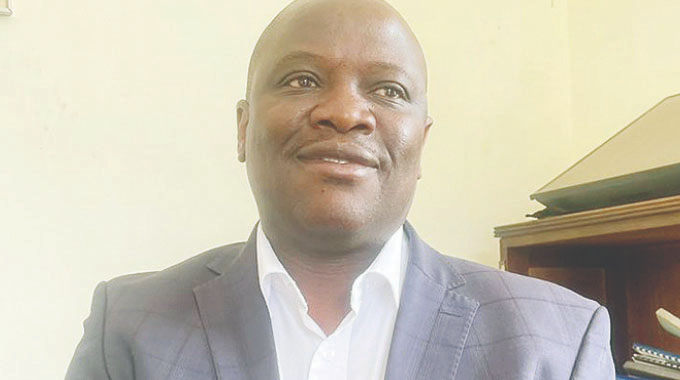Court scraps way leave tax on ZETDC

Fidelis Munyoro Chief Court Reporter
Local authorities across the country are set to lose a combined $16 million annually in potential revenue after the High Court scrapped way leave tax on the Zimbabwe Electricity Transmission and Distribution Company (ZETDC) for power lines passing through their areas.
Justice Nicholas Mathonsi made the ruling in the case where ZETDC had sued for payment of $4,6 million for electricity supplied to Zvishavane Town Council plus interest from June 1, 2016 to date of payment.
Zvishavane Town Council made a counter-claim pleading a set off to the tune of $15 million owed to it in terms of way leave tax. It is reported that most towns charge anything from $500 000 in way leave tax and ZETDC substations and related equipment.
But the court ruled that the statutory instrument promulgated by the Zvishavane Town Council requiring ZETDC to pay way leave charges pertaining to all its transmission equipment located within its area of jurisdiction was contrary to the parent Act.
Justice Mathonsi said ZETDC hold the mandate reposed to it by the State to distribute electricity throughout the country.
“In doing so, it installed equipment, including substations and power transmission lines strutting the whole country and passing through land falling under the jurisdiction of local authorities without being required to pay any on, not even local authorities or private land owners, for those installations,” he said.
“Clearly, there is nowhere in the Act (Electricity Act) where the plaintiff (ZETDC) is required to pay for construction, operation and maintenance of the distribution system and facilities.
“There is a reason why that is so. It is that the provision of electricity is a critical requirement and that responsibility lies with the State.”
Justice Mathonsi agreed with ZETDC lawyer Advocate Thabani Mpofu that the entire security of the State lies in the provision of electricity.
He said no civil society could exist without the provision and distribution of electricity.
“Hence that function is statutorily governed,” he said.
“The plaintiff as a State-controlled incorporation has been delegated the mandate to handle that portfolio.”
Zvishavane Town Council lawyer Mr Ephraim Ndlovu tried in vain to defend the regulations used to impose the charges on the power utility.
He argued that Zvishavane Town Council had law-making powers bestowed to it by the Urban Councils Act.







Comments